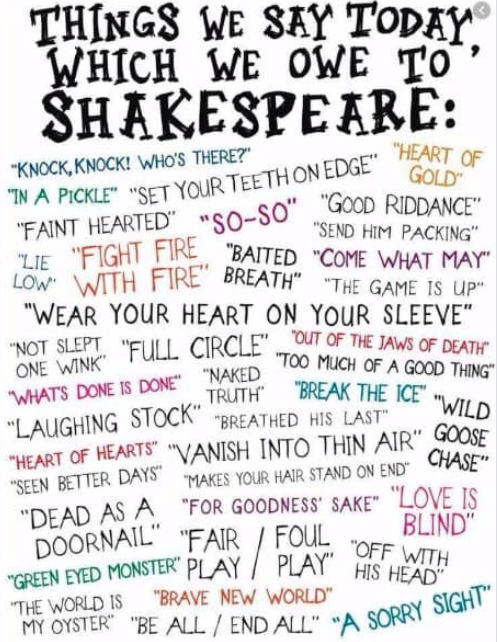Great review of my film HATE CRIME
2 Comments
Congrats to Gabe Fontenot of Lake Charles, a coaching client of mine, for making the semifinals of the Stage 32 comedy screenwriting competition. Well done! Proof that hard work pays off.
Bootcamp alum Stephen Hoover's script DAMAGE CONTROL just made the finals of the Nashville Film Festival Screenwriting Competition. Congrats!!!
Mark Dispenza, current member of The Bootcamp's script, DOPPLEGANGER, just won Best Script at the Web Series Festival Global. Well deserved.
|
Thoughts on screenwriting and the film industry. Archives
October 2022
Categories |
Create a free website with Weebly

 RSS Feed
RSS Feed